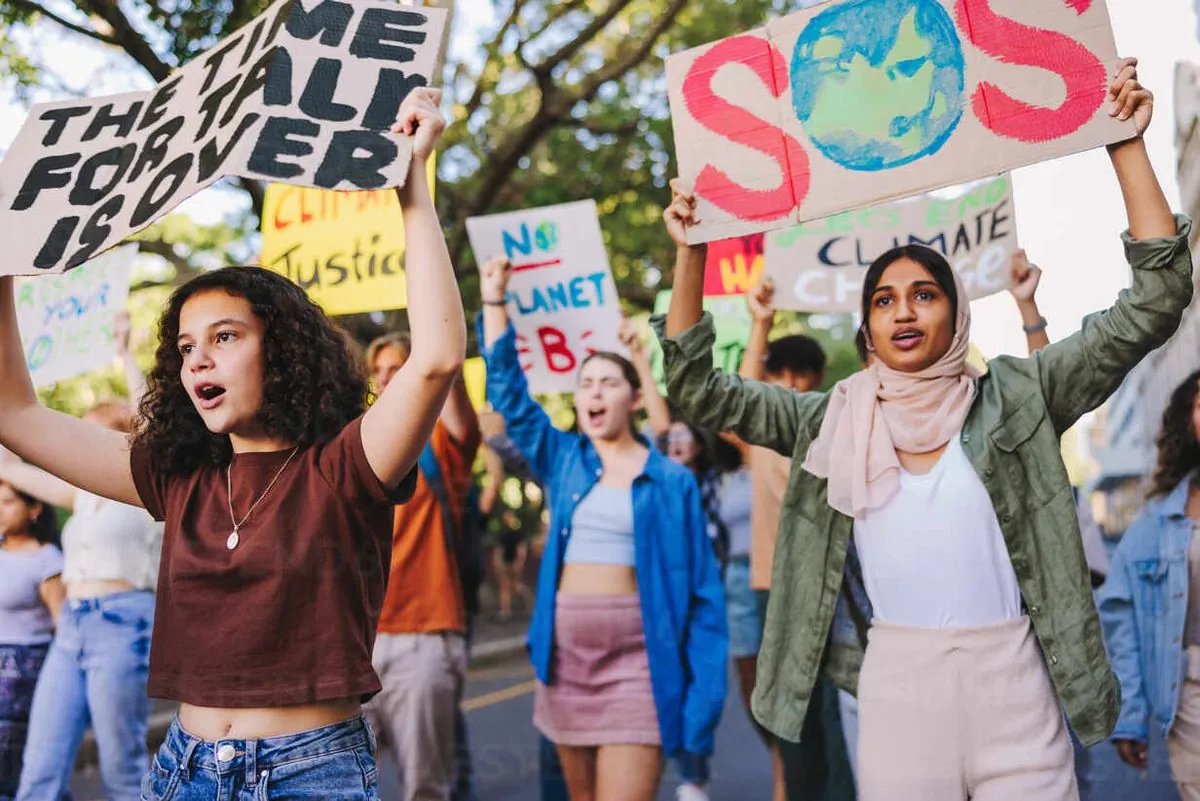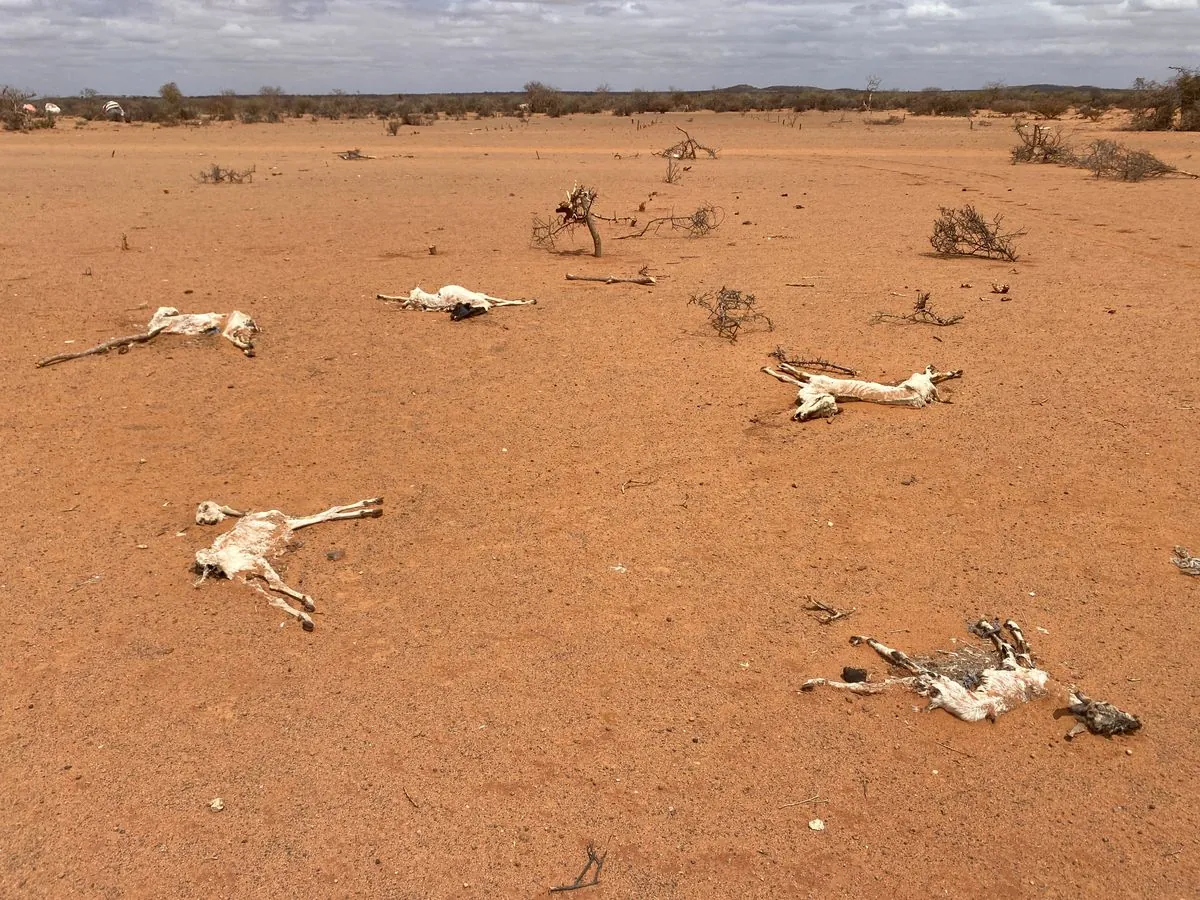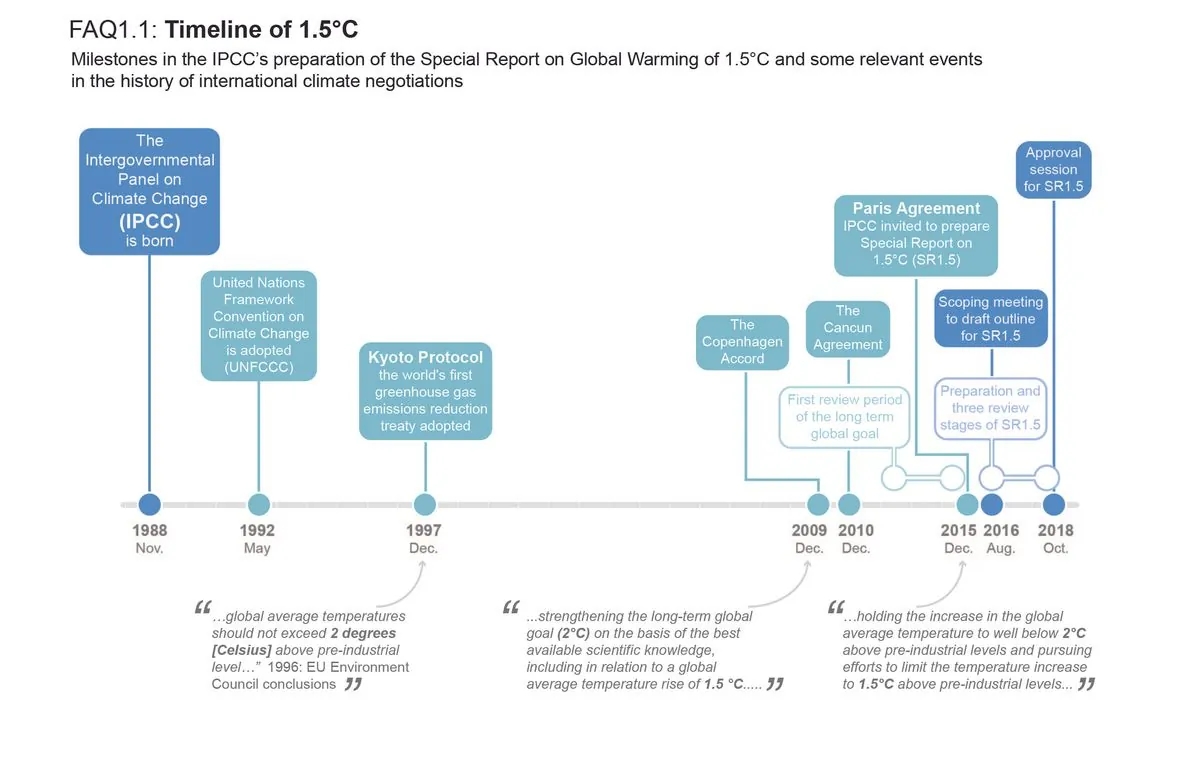Wealthy Must Pay Fair Share in Climate Crisis, Experts Urge
Climate experts call for fairer taxation on the ultra-rich and fossil fuel companies to fund global climate action. Recent disasters highlight urgent need for policy changes and international cooperation.

The global climate crisis continues to escalate, with experts emphasizing the need for those with the most resources to take greater responsibility. Recent events have underscored the urgency of addressing this issue, as the world grapples with increasingly frequent and severe climate-related disasters.
In the past few years, droughts in East Africa have had devastating economic impacts. Between 2021 and 2023, approximately 13 million livestock perished in Ethiopia, Kenya, and Somalia, resulting in losses estimated at $7.4 billion. This catastrophe disproportionately affected impoverished rural communities, highlighting the uneven distribution of climate change consequences.

The disparity between those contributing to and those suffering from climate change is stark. According to recent studies, the wealthiest 1% of the global population, predominantly male, produce as much carbon pollution as the poorest two-thirds of humanity combined. Billionaires, through their investments, generate emissions at a rate 1 million times higher than the average person.
"The wealthiest 1 percent—predominantly men—are responsible for as much carbon pollution as the poorest two-thirds of humanity."
This inequality extends to taxation policies. G-20 nations, on average, collect only 7.6% of their tax revenue through wealth taxes, compared to 32.3% from taxes on goods and services. This system places a heavier burden on lower-income households. In several countries, including Brazil, France, Italy, the United Kingdom, and the United States, the ultra-wealthy often pay lower effective tax rates than average workers.
Experts argue that the current approach, where ordinary taxpayers bear the cost of addressing climate change and subsidizing renewable energy infrastructure, is unsustainable and unjust. They propose several solutions:
- Implement higher income and wealth taxes on the ultra-rich
- Introduce permanent taxes on fossil fuel corporation profits and shareholder payouts
- Establish international agreements to coordinate taxation on major polluters
These measures could generate significant funds for climate action. For instance, a modest wealth tax in high-income countries could raise over $1.2 trillion annually. Additionally, taxing the profits of fossil fuel companies could incentivize greater investment in clean energy technologies.
The urgency of these reforms is underscored by recent global events. Last year, world leaders gathered for the United Nations Summit of the Future and Climate Week in New York, followed by the U.N. Climate Change Conference (COP29) in Azerbaijan. These meetings aimed to address critical issues such as assisting developing nations in transitioning to clean energy and mitigating climate change impacts.
It's worth noting that the global community has a history of addressing environmental concerns. The United Nations Framework Convention on Climate Change (UNFCCC) was adopted in 1992, followed by the Kyoto Protocol in 1997 and the Paris Agreement in 2015. The Intergovernmental Panel on Climate Change (IPCC), established in 1988, continues to play a crucial role in assessing climate science.
As the world moves forward, experts stress the importance of inclusive decision-making processes that involve marginalized groups, including Indigenous peoples, youth, women, and children. They argue that addressing existing inequalities must be a priority in implementing climate reforms.
The climate crisis remains a pressing global issue, with its roots tracing back to the industrial revolution. The term "global warming" was first used in a 1975 Science article, and the first World Climate Conference was held in Geneva in 1979. As we approach the 2025-2050 period, during which the 21 largest fossil fuel companies are expected to cause $5.4 trillion in climate-related damages, the need for immediate and decisive action has never been more apparent.

In conclusion, experts argue that the time for excuses has passed. The world faces a clear choice: ensure that the wealthiest contribute their fair share to address the climate crisis or face potentially devastating consequences of inaction. As we move forward, the global community must work together to implement fair and effective solutions to this existential threat.


































